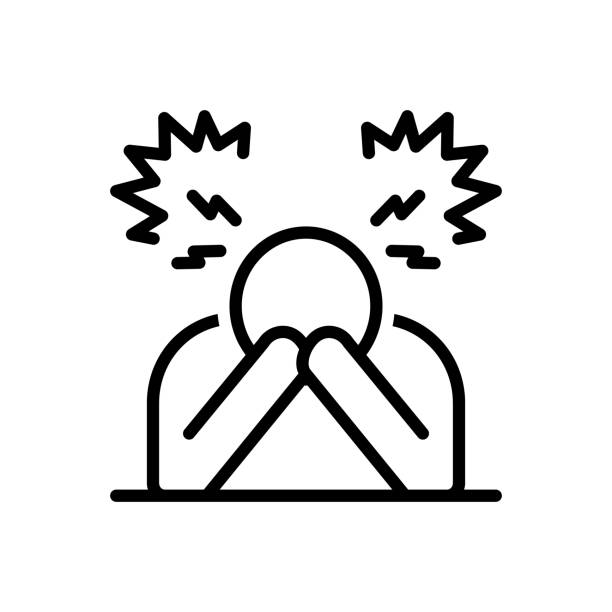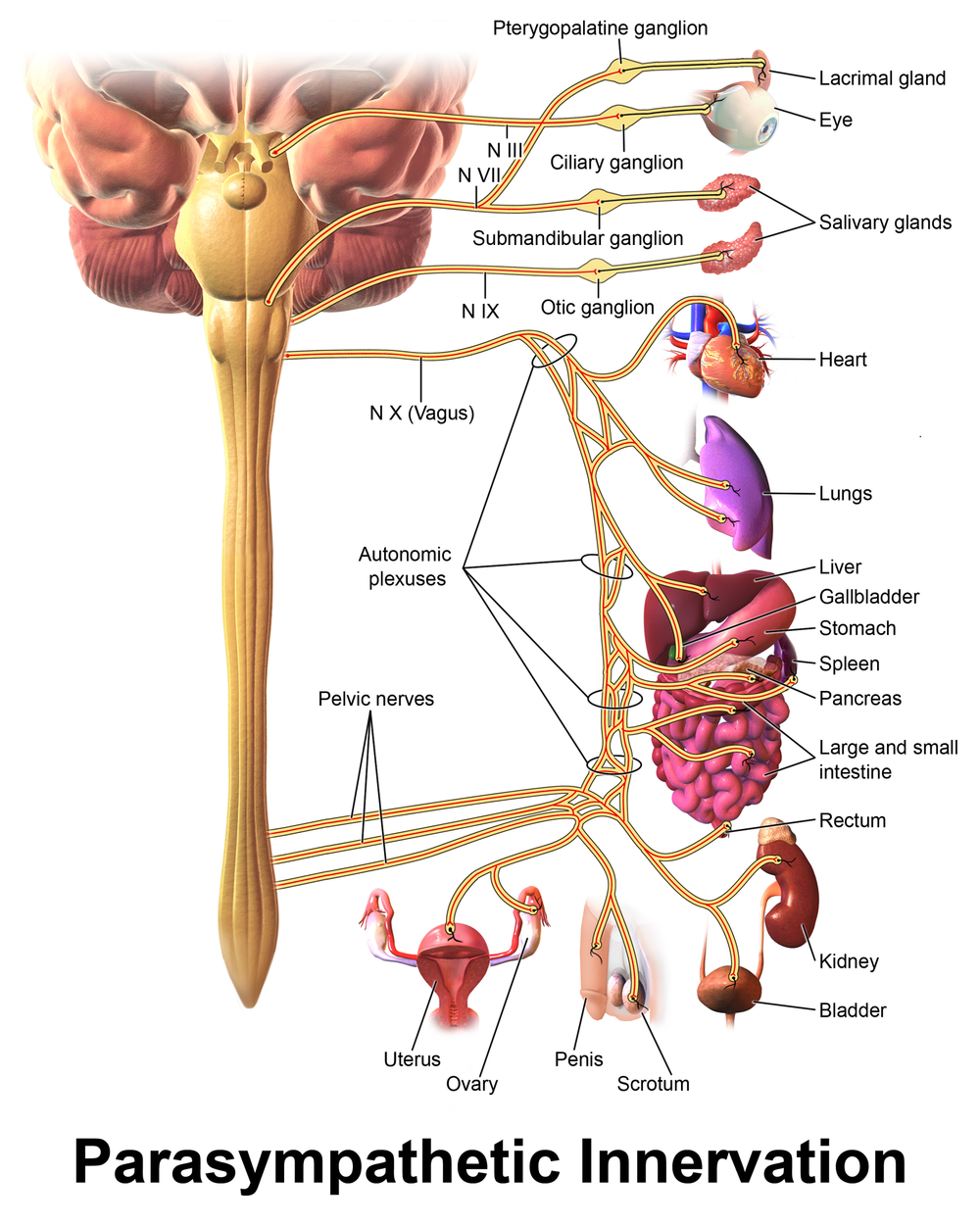Back
Is My Stress Causing Pelvic Pain and Pelvic Floor Dysfunction?
By Pelvic Health Physical Therapy on 2/2/2024

Trauma of any kind plays a substantial role in physical health and overall well-being. Understanding the body and how daily habits influence the way it works can be a helpful tool in gaining control over pain and improving quality of life.
The autonomic nervous system exists in two states: either in a sympathetic nervous system state or parasympathetic nervous system.
The sympathetic nervous system kicks in a “fight or flight” response that prepares us to operate in emergency or dangerous situations. For example, if you come into the presence of a vicious dog, the sympathetic nervous system becomes responsible for initiating physiological changes. Your heart and respiratory rates start to increase, and blood flow shifts towards the muscles, especially in the arms and legs to prepare to run or fight. For the muscles to function in that state, the sympathetic nervous system requires the digestive and urinary system to slow down. When you’re running away from the dog, you don’t want to stop to pee or poop!
Once you get away from the vicious dog and start feeling safe, your parasympathetic nervous system starts kicking in the “rest and digest” response. Typically, the body functions in this state always if there isn’t any environmental threats or demand. The parasympathetic nervous system is largely controlled by the vagus nerve. Coming directly from the spinal cord and making its way to the pelvic floor, the vagus nerve is rightly labeled as the longest cranial nerve (Figure 1). Therefore, keeping the vagus nerve properly stimulated is important to keep urinary and digestive functioning properly to prevent a whole slew of issues!

Figure 1: A diagram of the vagus nerve that controls parasympathetic nervous response.
Now, how does the autonomic nervous system relate to pelvic floor issues?
If we are in a state of chronic stress, unresolved trauma, or in pain for longer than a couple months, the pelvic floor increases in tone leading to pain and other various conditions such as constipation, diarrhea, and fecal/urinary incontinence… just to name a few! For those who exhibit any pelvic floor issues, they tend to have difficulty relaxing their pelvic floor. This may be due to lack of efficient coping strategies. To address pelvic floor issues, it is imperative for those suffering to gain the knowledge and strategies to regulate their own autonomic nervous system.
How can this happen?
Quick anatomy lesson: With connections from both the phrenic nerve and the vagus nerve, the diaphragm has a function affecting respiratory function. It is also supported by the pelvic floor to control the pressure of intra-abdominal fluid properly. It is probably that these same areas, which are connected to the motor neurons of the floor of the mouth, send the premotor impulse to the pelvic floor.
Now, with that said, the easiest and quickest way to switch to a parasympathetic state is stretching your diaphragm with deep breathing. Humming, vibration, and/or electrical stimulation can also increase impulses, thus reducing pelvic symptoms.
Here are some exercises to help:
Deep breathing:
Find a comfortable place to lay down or sit.
Start with taking a deep inhale for 4 seconds, and out for 8 seconds. The lengthened state you achieve will increase vagal tone thus decreasing sympathetic nervous system and increasing parasympathetic nervous system.
Repeat for 5 to 10 breaths with eyes open or closed.
Meditation:
Again, find a comfortable position with your favorite meditation app or YouTube video.
Some apps would include Headspace, Calm, or Healthy Minds Program.
Warm Epsom salt baths:
Add 1-2 cups of Epsom salt to warm water to calm chronically tight and sore muscles.
Add a little lavender essential oil for extra relaxation!
Bump it up a notch with your favorite meditation app!
Make time for yourself!
Make some time for something that you enjoy and that makes you happy. It can be anything!
If you’re experiencing pelvic floor dysfunctions associated with the issues above, please reach out to us at Pelvic Health Center in Madison, NJ to set up an evaluation and treatment! Feel free to call us at 908-443-9880 or email us at receptionmadison@pelvichealthnj.com.
Works Cited:
https://www.tandfonline.com/doi/epdf/10.2147/JMDH.S45443?needAccess=true&role=button
https://www.sciencedirect.com/science/article/abs/pii/B9780124103900000287
https://www.ingentaconnect.com/content/wk/jwh/2022/00000046/00000004/art00004
Read More:
Fascial Counterstrain of the Musculoskeletal System By Shannon Strauch, PTA, STMT-1 on 10/21/2024 How treating cartilage and fascia can help reduce joint pain and improve organ function The Impact of Long-Distance Cycling on the Pelvic Floor: Pudendal Nerve and Pelvic Dysfunction By Dr. Christine Martirez PT, DPT on 10/18/2024 Learn how long distance cycling can impact the pelvic floor
Are you ready to live pain free?
Request An Appointment